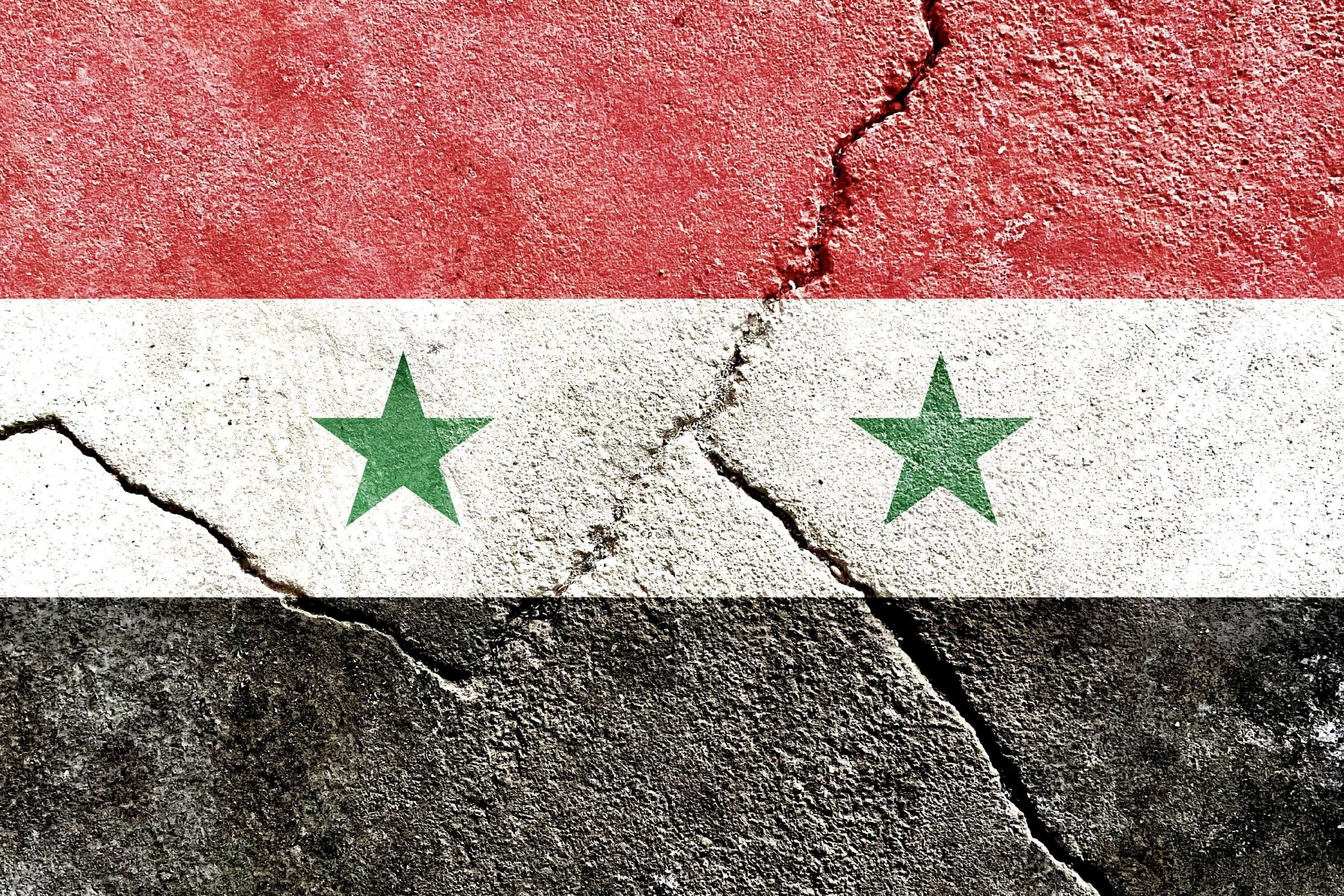
Evolution and lessons from an integrated service delivery network in North West Syria
Download this Conflict and Health paper here [opens new tab]
Northwest Syria (NWS) is a complex and extremely fragile operating environment, with more than 2.8 million people needing humanitarian assistance. To support a common standard of care delivery and enable coordination among the multiple providers in NWS, WHO developed an Essential Health Services package (EHSP) in 2016-17 and subsequently supported a facility network model to deliver the EHSP. This article provides an evaluation of the network to date, aiming to inform further development of the network and draw wider lessons for application of similar approaches in complex emergency settings.
The study finds that the network and its accompanying essential service package were relevant to the dynamic and challenging context, with high but shifting population needs and multiple uncoordinated providers. Judged in relation to its original goals of comprehensive, coordinated services, equitable access and efficient service delivery, the data indicate that gains have been made in all three areas through the network, although attribution is challenging, given the complex environment. The context remains challenging, with shifting boundaries and populations displaced by conflict, difficulties in retaining staff, the need to import medicines and supplies across borders, and governance gaps.
Professor Sophie Witter said:
‘In a world in which crises have been proliferating and becoming more protracted, the question of how to provide accessible and appropriate health care in conflict-affected settings, working with different actors, could not be more urgent. In this article we present and assess one such model, based on a standardised package of care and support to a networked set of NGO-run facilities in North West Syria. It adds to a very scare literature on this pressing topic and provides important insights into resilience in these settings’.
The article adds to a currently limited published literature on use of networks in fragile and shock prone settings.
Download this Conflict and Health paper here [opens new tab]
Further information
This study featured in a synthesis presentation on Health System Resilience in Northern Syria: Reflections from ReBUILD for Resilience Projects – watch the video here.
Authors
Sophie Witter 1,2, Karin Diaconu 1,2, Ibrahim Bou-Orm 1, Zeina Jamal 1, Zubin Cyrus Shroff 3, Abdulbaki Mahmoud 4, Mahmoud Daher 4 and Vinod Varma 4
1 Institute for Global Health and Development, Queen Margaret University, Edinburgh, UK
2 ReBUILD for Resilience research consortium, Liverpool, UK
3 Alliance for Health Policy and Systems Research, World Health Organization, Geneva, Switzerland
4 World Health Organization Field Presence in Gaziantep, Turkey
Image: Adobe Stock [opens new tab]